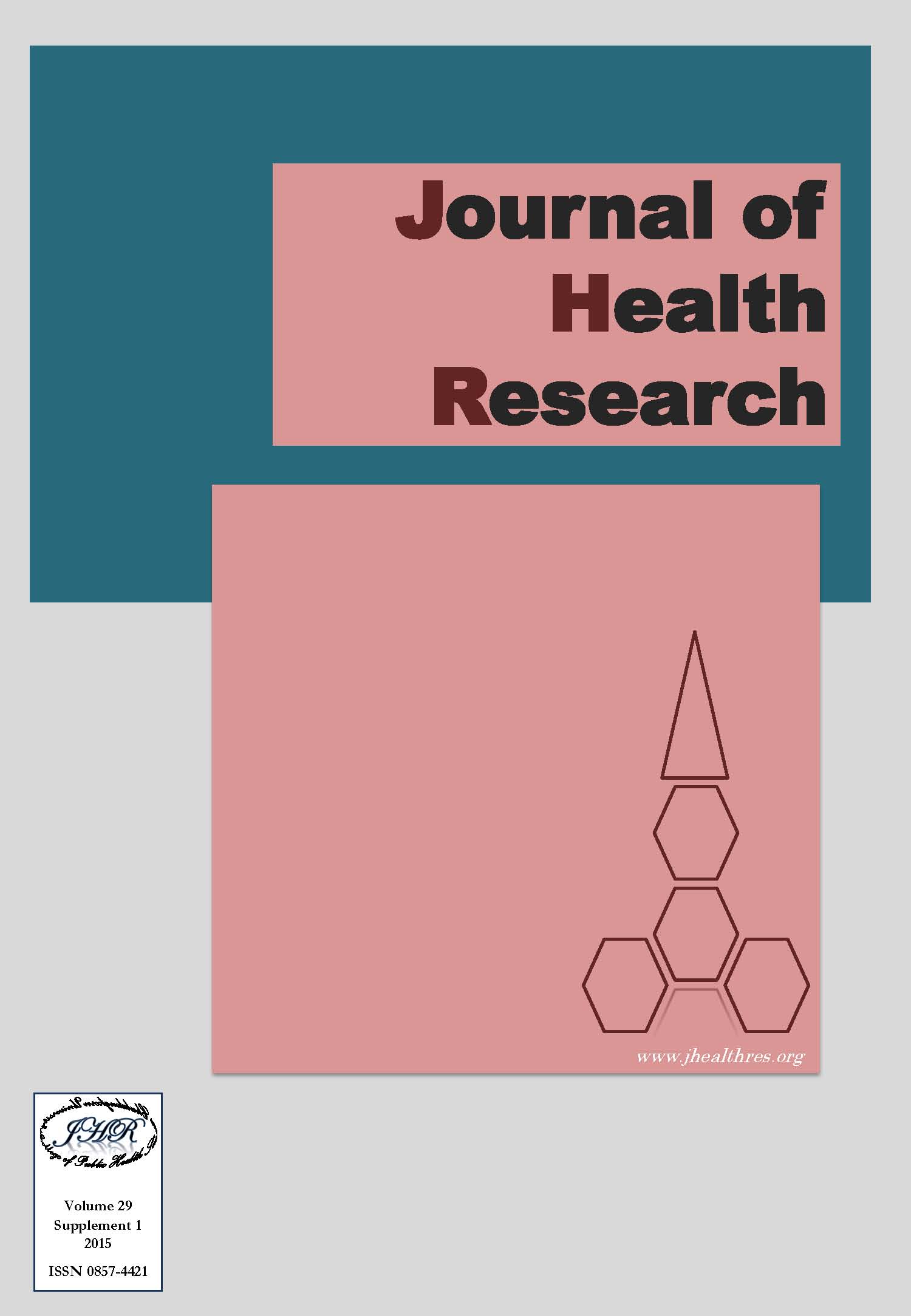The Relationship between Depression, Social Support and Quality of Life of Stroke Survivors in Bukittinggi, Indonesia
Keywords:
Depression, Social support, Quality of life, Stroke survivors, IndonesiaAbstract
Background: Stroke is a leading cause of depression that has a significant impact on quality of life in survivors. The purpose of this cross-sectional study was to examine the relationship between depression, social support and quality of life of stroke survivors in Bukittinggi, Indonesia.
Methods: The participants were composed of 138 Indonesian stroke survivors and they were selected by simple random sampling from the National Stroke Center Hospital Bukittinggi, Indonesia. Each participant was interviewed according to structured questionnaires consisting of the demographic information, stroke specific quality of life (SS-QOL), depression (center for epidemiology depression survey), and medical outcomes social support survey instrument (MOSSSI). Pearson correlation was used to identify relationships between depression, social support, and quality of life.
Results: The study found that the majority of the subjects were male (86%) with the average age was 64.22 years (SD = 8.65). The mean score of overall stroke specific quality of life was 3.55 (SD=0.64). The self-care domain was the highest mean score (4.58) and the lowest mean score was energy domain (2.10). The median score of depression was 20.50 and 38.4% of the subject were moderately depressed symptoms. The median score of social support was 77.00. Depression was negatively and significantly associated with stroke specific quality of life (r=-0.435, p< 0.001). Social support was positively and significantly associated with stroke specific quality of life (r=0.337, p < 0.001). The stroke survivors reported a good quality of life, moderate depressive symptom and high perceived social support, specifically positive social interaction support.
Conclusion: The study suggested that health care providers should help maintain a good quality of life, especially in the self-care domain and health care providers should assess the stroke survivor’s energy by dividing their activities as tolerated. Also, health care providers should assess and prevent the stroke survivor’s depressive symptom in early stage and continuously by screening sadness and negative feeling may potentially improve their quality of life. Moreover, health care providers should help maintain social support; monitoring positive social interaction support might reduce depressive symptoms and enhance the quality of life of stroke survivors.







